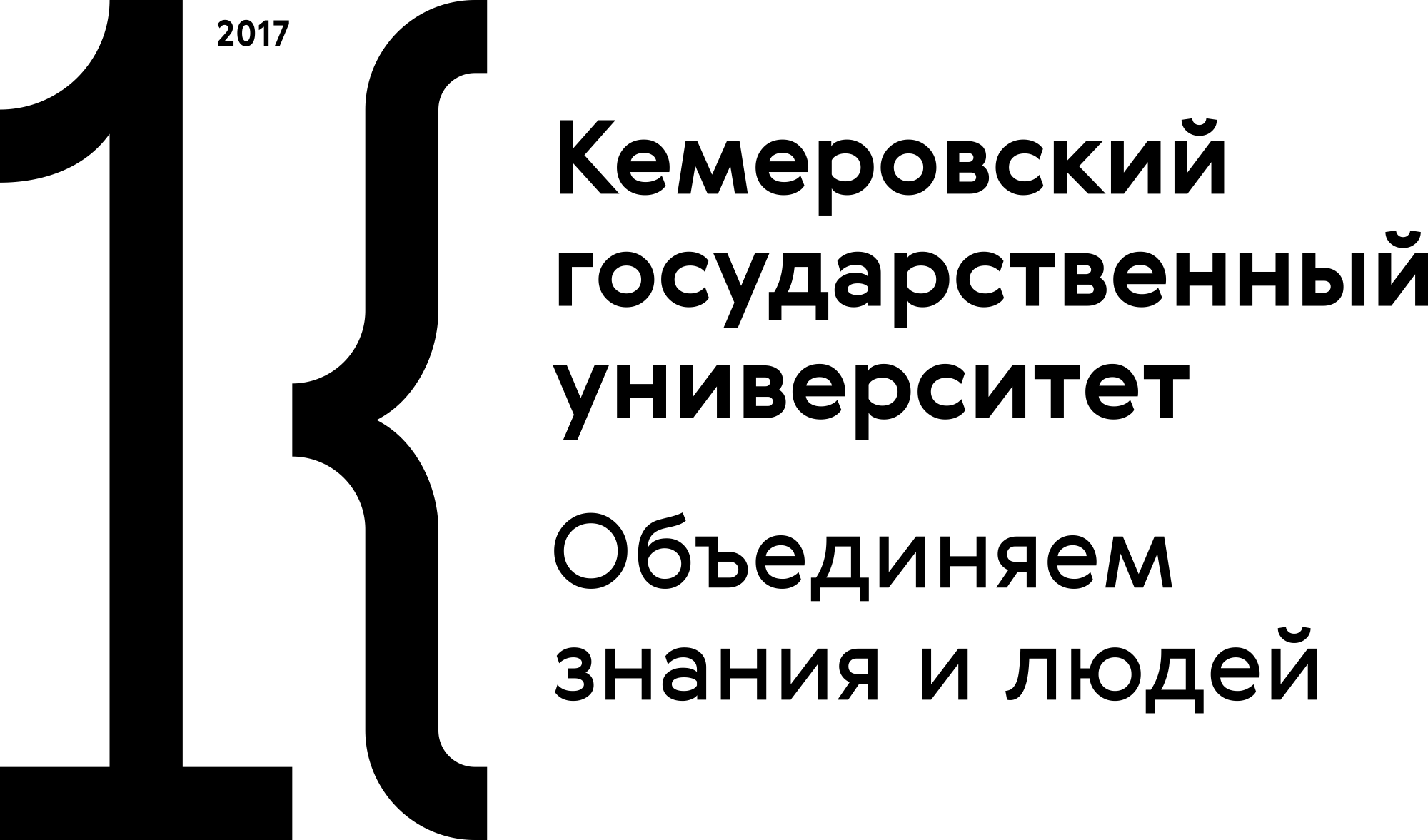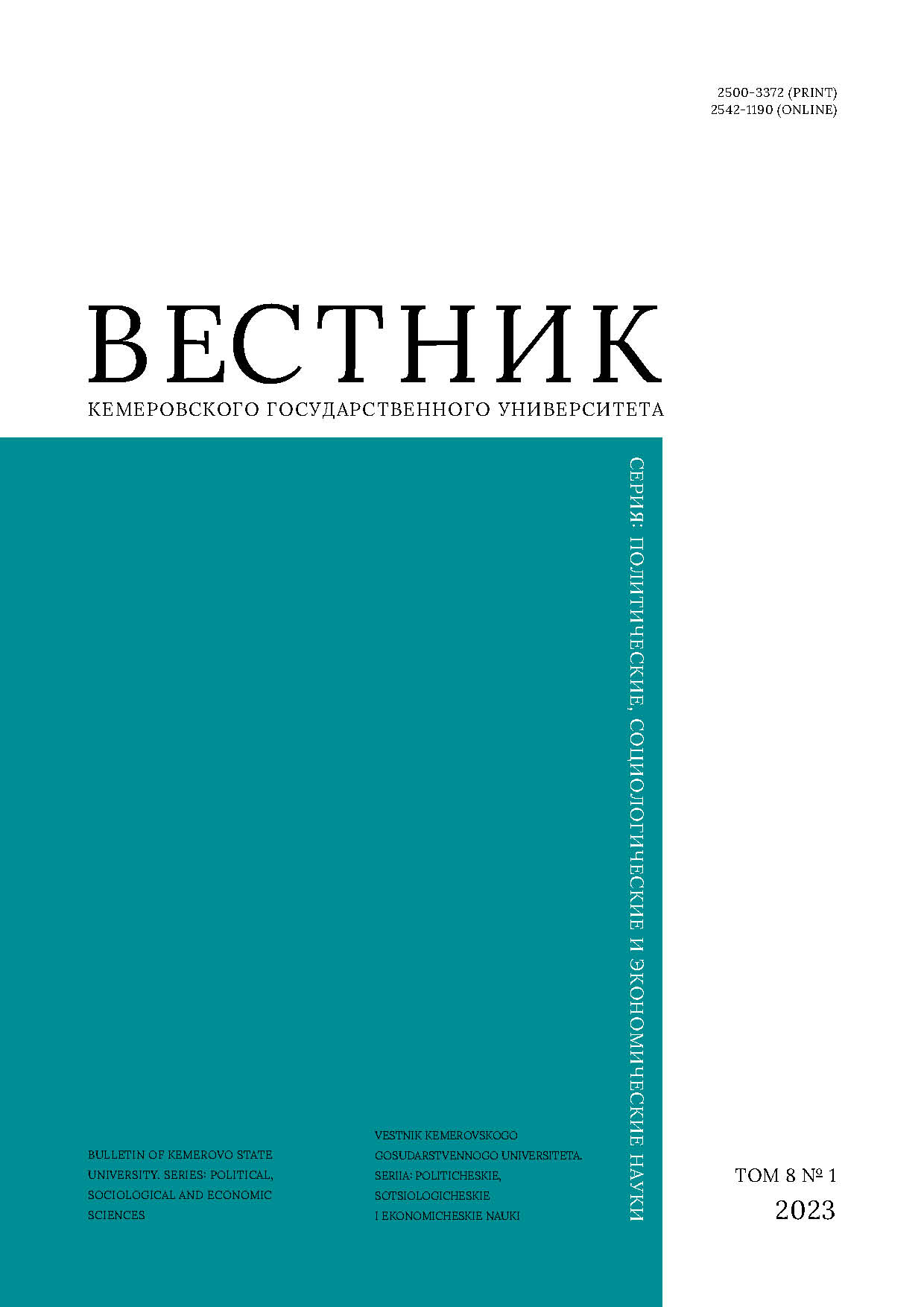Kemerovo, Russian Federation
Kemerovo, Russian Federation
In many regions, the system of education is experiencing a personnel shortage, both quantitatively and qualitatively. High requirements for teaching staff determine the necessity for thoughtful and scrupulous approach to the development of teachers’ potential. The research aims to define the concept of regional education system personnel potential and develop a system of indicators for its analysis, which is the first step to provide educational institutions with high-quality personnel. Based on the analysis of scientific and methodological sources on the content and structure of human potential, the authors propose definition of regional education system human potential, as well as quantitative and qualitative indicators of its characteristics. Quantitative indicators are analyzed using statistical data, qualitative ones are investigated mainly using sociological and socio-psychological methods..
personnel potential, teacher, education system, region, quantitative indicators, qualitative indicators
1. Morozova E. A., Kochneva O. P. Youth migration in the Kemerovo region (Kuzbass). Vestnik Kemerovskogo gosudarstvennogo universiteta. Seriia: Politicheskie, sotsiologicheskie i economicheskie nauki, 2021, 6(3): 326-338. (In Russ.) https://doi.org/10.21603/2500-3372-2021-6-3-326-338
2. Drobot E. V., Makarov I. N., Zhuravleva O. V., Nersisyan A. M. Features of attracting the young professionals and negative trends in the Russian labor market. Ekonomika truda, 2020, 7(3): 253-266. (In Russ.) https://doi.org/10.18334/et.7.3.100709
3. Tuchina O. R. Career orientation for youth in the context of their vision of the future. South-Russian Journal of Social Sciences, 2020, 21(3): 125-137. (In Russ.) https://doi.org/10.31429/26190567-21-3-125-137
4. Petrenko A. I., Romanova G. A. Life planning and career guidance: challenges and prospects. Problems of modern pedagogical education, 2018, (59-4): 125-128. (In Russ.) EDN: https://elibrary.ru/USDJLS
5. Gaifullin A. Yu. Professional guidelines and career attitudes of modern youth: sociological analysis. Ufa Humanitarian Scientific Forum, 2021, (3): 140-150. (In Russ.) EDN: https://elibrary.ru/LDKTCN
6. Gelikh O. Ya., Levitskaya A. N., Pokrovskaia N. N. Sociological analysis of attitudes of professional growth and career in the context of digital economy and knowledge society. Sociology and Law, 2020, (3): 12-24. (In Russ.) https://doi.org/10.35854/2219-6242-2020-3-12-24
7. Gorshkov M. K., Sheregi F. E. The youth of Russia under the lens of sociology: results of years of research. Moscow: FCTAS RAS, 2020, 688. (In Russ.) https://doi.org/10.19181/monogr.978-5-89697-325-6.2020
8. Morozova E. A., Kuznetsova T. A. Career choice of youthful population in the Kemerovo Region. Vestnik Kemerovskogo gosudarstvennogo universiteta. Seriia: Politicheskie, sotsiologicheskie i economicheskie nauki, 2022, 7(2): 171-179. (In Russ.) https://doi.org/10.21603/2500-3372-2022-7-2-171-179
9. Ambarova P. A. Transfer of students’ human capital in the Russian education system. Sotsiologicheskiy Zhurnal, 2021, 27(3): 97-120. (In Russ.) https://doi.org/10.19181/socjour.2021.27.3.8426
10. Demidenko S. Yu. Employment, career, youth mobility: institutional and personal factors. Sociological Studies, 2020, (2): 160-162. (In Russ.) https://doi.org/10.31857/S013216250008523-8
11. Pavlenko E. S., Iakubovskaia A. A. Interpretations of adulthood and formation of educational trajectories. Monitoring of Public Opinion: Economic and Social Changes, 2020, (3): 376-390. (In Russ.) https://doi.org/10.14515/monitoring.2020.3.1604
12. Dolzhenko R. A., Lobova S. V. Search for basic determinants of youth migration behavior. Region: Economics and Sociology, 2020, (1): 97-118. (In Russ.) https://doi.org/10.15372/REG20200105
13. Nikulina Y. N. Features of regional economy staffing policy implementation. Development and interaction of the real and financial economy in the context of digital transformation: Proc. Intern. Sci.-Prac. Conf., Orenburg, 24-25 Nov 2021. Orenburg: OSU, 2021, 724-728. (In Russ.) EDN: https://elibrary.ru/ARHFBA
14. Chebykin I. A., Palkina M. V. Personnel potential of the region: concept, state assessment, development directions (on the example of the Kirov Oblast). Surgut State University Journal, 2021, (3): 47-61. (In Russ.) https://doi.org/10.34822/2312-3419-2021-3-47-61
15. Simionesku M., Krivokora E. I., Fursov V. A., Astakhova E. A. Labor capacity building in Russian Regions: effects of regional differentiation. Terra Economicus, 2020, 18(2): 117-138. (In Russ.) https://doi.org/10.18522/2073-6606-2020-18-2-117-138
16. Zhdanova A. V. Staff safety as a factor of economic security of the Republic of Bashkortostan. Sinergiia Nauk, 2020, (53): 660-666. (In Russ.) EDN: https://elibrary.ru/INYYDZ
17. Rybkina M. V., Tsytsarova N. M. Influence of internal migration on the formation of the personnel potential of the digital economy (on the example of the Ulyanovsk region). Finansovyi biznes, 2020, (3): 43-52. (In Russ.) EDN: https://elibrary.ru/STZLNP
18. Drobot E. V., Makarov I. N., Pochepaev I. A., Komissarov R. S., Nazarenko V. S. Personnel security of regions in developed, developing and peripheral countries: comparative analysis. Kreativnaia ekonomika, 2021, 15(4): 1501-1522. (In Russ.) https://doi.org/10.18334/ce.15.4.111543
19. Kotandzhyan A. V. Substantiation of the concept and indicators of the personnel component of the economic security of the regions. Economics and management: problems, solutions, 2022, 1(4): 80-86. (In Russ.) https://doi.org/10.36871/ek.up.p.r.2022.04.01.010
20. Vlasova O. V. Features of the development of human resources that meet the modern requirements of the transition to the digital economy. Azimuth of Scientific Research: Economics and Administration, 2021, 10(2): 111-114. (In Russ.) https://doi.org/10.26140/anie-2021-1002-0013
21. Kostenkova T. A. Personnel potential of the region: essence and basic factors of formation. Ekonomika truda, 2019, 6(3): 1149-1158. (In Russ.) https://doi.org/10.18334/et.6.3.40946
22. Uskov V. S. Reproduction of personnel potential of the innovative economy of the Russian Federation region: the case of the Vologda region. Zhurnal sotsiologii i sotsialnoy antropologii, 2020, 23(2): 189-214. (In Russ.) https://doi.org/10.31119/jssa.2020.23.2.8
23. Zaitseva E. V., Bushlanova O. V. Theoretical bases of development of personnel potential of educational institutions. History of Science and Technology in the Modern System of Knowledge: Sixth Annual Conf. of the Science and Technology History University Chair, Ekaterinburg, 8 Feb 2016. Ekaterinburg: UMTS UPI, 2016, 58-62. (In Russ.) EDN: https://elibrary.ru/XHFFDL
24. Kislyakov A. V. Development of the staff potential of the educational organization as action target of head of additional education organization in conditions of approbation and adoption of the professional standard "educator of additional education for children and adults". Scientific support of a system of advanced training, 2017, (1): 52-58. (In Russ.) EDN: https://elibrary.ru/ZEKFKP
25. Kortunova E. P. Human resources issues in the innovation development management of the educational institution. Discussion, 2011, (9): 149-154. (In Russ.) EDN: https://elibrary.ru/OWCHYF
26. Kravtsova L. A. The interdisciplinary nature of the competency approach in training and retraining of personnel potential of educational institutions. Theory and Practice of Social Development, 2010, (4): 99-105. (In Russ.) EDN: https://elibrary.ru/NCHRDR
27. Prosandeeva T. I., Lyakhov A. V., Stetsenko V. V. Formation and development of head staff in the sphere of municipal education in the process of strengthening interaction concerning executive and law power. State and municipal administration scientific notes, 2021, (1): 64-70. (In Russ.) https://doi.org/10.22394/2079-1690-2021-1-1-64-70
28. Steblovskaia L. S. Higher educational space as one of their factors of professional development of teachers of general educational organizations. Problems of modern pedagogical education, 2019, (64-4): 214-218. (In Russ.) EDN: https://elibrary.ru/VPLELR
29. Timofeeva A. I. Personnel policy formation in a modern educational institution. Kadrovaia politika, 2016, (4): 157-159. (In Russ.)
30. Filatova E. V. Monitoring research of the basic directions of personnel policy of educational organizations. Azimuth of Scientific Research: Pedagogy and Psychology, 2018, 7(1): 220-222. (In Russ.) EDN: https://elibrary.ru/YTXQBD
31. Tanjung B. N. Human resources (HR) un education management. Budapest International Research and Critics in Linguistics and Education (BirLE) Journal, 2020, 3(2): 1240-1249. https://doi.org/10.33258/birle.v3i2.1056
32. Sukawati N. N., Gunawan I., Ubaidillah E., Maulina S., Santoso F. B. Human resources management in basic education schools. Proceedings of the 2nd Early Childhood and Primary Childhood Education (ECPE 2020), 2020, 292-299. https://doi.org/10.2991/assehr.k.201112.052
33. Magomedov K. O. Personnel potential of Russia: sociological analysis of problems of formation and development. Communicology, 2017, 5(1): 134-146. (In Russ.) EDN: https://elibrary.ru/YLNLGJ
34. Diatlov V. A., Kibanov A. Ia., Pikhalo V. T. Personnel management. Moscow: Prior, 1998, 512. (In Russ.)
35. Sokolov K. O., Staroverov V. A., Sergeicheva I. A. Staff resources and their role in the formation of the region innovative economy. Bulletin of Chelyabinsk State University, 2010, (3): 76-78. (In Russ.) EDN: https://elibrary.ru/MBEFON
36. Syrbu A. N. Components of human capacity, the possibility of their analysis and valuation. Transport business of Russia, 2010, (1): 92-94. (In Russ.) EDN: https://elibrary.ru/MNIUSX
37. Balina T. N. Development of structural components of the human resources of the organization. Vestnik Taganrogskogo instituta upravleniia i ekonomiki, 2018, (2): 74-79. (In Russ.) EDN: https://elibrary.ru/YTNSAX
38. Kupera A. V. Improving the university staff resources potential management development. Cand. Econ. Sci. Diss. Abstr. Vladivostok, 2007, 27. (In Russ.)





















